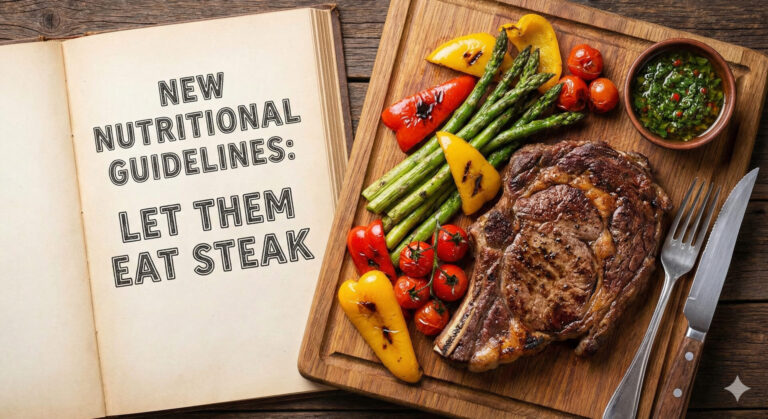SHOULD I AVOID GLUTEN?
It’s everywhere. The “gluten-free” label is now on foods that haven’t ever even shared a shelf with bread or barley. The term is so pervasive that we could be forgiven for thinking that EVERYONE should avoid gluten. Is this true? Are gluten-containing foods bad for human beings? Who actually should avoid gluten? What is gluten, anyway? Wikipedia states: “Gluten (from Latin gluten, “glue”) is a protein composite found in foods processed from wheat and related grain species, including barley and rye.” Who actually should avoid gluten? Well, mainly those with Celiac disease.
According to the Gluten Intolerance Group (GIG www.gluten.net), one out of every 133 people in the US have Celiac Disease. They say that you get it from your family. Five to fifteen percent of the relatives of sufferers and 70% of identical twins have it. So, if no one in your family has it, you have a pretty good chance of avoiding it, too. However, the latest research at Mayo Clinic has shown that the prevalence of celiac disease appears to be rising dramatically. Joseph Murray, M.D., a Mayo gastroenterologist, says celiac disease is becoming a public health issue: http://discoverysedge.mayo.edu/celiac-disease/index.cfm More recent studies show four times the incidence compared to 1950, with fatal complications if it goes untreated. “Celiac disease was rare, but it’s now more common in all age groups,” Dr. Murray says. Although the cause is unknown, celiac disease now affects about one in 100 people. What’s more, Mayo has found a fourfold higher death risk for people with undiagnosed gluten intolerance.
So, what kind of disease is it? When I was in college, we didn’t have a good description for the causes or the treatment of Celiac. We thought people “caught it” from somewhere and never got over it. We know now that it is an autoimmune disease. What does that term mean? Normally your immune system can tell the difference between what is part of you and what is an “antigen”,a foreign protein. A genetic flaw can make our bodies unable to tell the difference between our own tissues and antigens. When this happens, our bodies make auto-antibodies that attack normal cells by mistake. At the same time special cells called “regulatory T cells” fail to do their job of keeping the immune system in line. The result is a misguided attack. It’s not an allergy, which was also thought until recently.
Newer research at Mayo suggests several possible environmental causes of celiac disease: Could our environment now be so clean that our immune systems don’t have enough to do- causing them to attack themselves? Has our wheat been so hybridized that our GI tracts can’t deal with it anymore? Overall wheat consumption hasn’t increased, but “the foods we eat today are much more highly processed than the wheat products of 50 years ago.”
Celiac makes people sick by damaging the tiny, finger-like projections (villi) that cover the small intestine. These villi (which make it possible for us to absorb the nutrients in our food), flatten out, decreasing their surface area and causing malabsorption of proteins, fats, carbs, vitamins and minerals.
Some of the symptoms of this malabsorption process include stomach cramping, gas, diarrhea, constipation, fatty stools, anemia, weight loss, and vitamin/mineral deficiencies. Other non-digestive symptoms include depression, mouth ulcers, tingling extremities and migraines. If the disease is not treated, it can cause nervous system disorders, pancreatitis, gastrointestinal disorders and gall bladder problems. One common side effect is intensely itchy skin. Diagnosis of Celiac is accomplished with blood tests and biopsies of the intestinal lining.
The treatment for this nasty disease is the complete avoidance of wheat gluten-containing grains: When people get diagnosed quickly, the villi can recover. The longer people live with the untreated disease the more severe the symptoms become, and the less complete the recovery.
Hence the growing abundance of gluten free products! These products and labels are hugely helpful for people with the disease. They allow these people to live more normal lives and to eat familiar but gluten-free foods. This 1% of Americans needs these products. They also need to learn to eat a lower carbohydrate diet, adding more vegetables, legumes fruits and lean proteins to their lives.
What about the other 99% who do not have Celiac? Is gluten-avoidance the way to go for them as well? We all suffer intestinal distress occasionally. Maybe we should stop eating gluten? There’s a really good chance that gluten is NOT causing your tummy trouble. More likely it’s food that’s spicier, sweeter or fattier than usual. It may be just that we ate too much for our system to handle. We could also be suffering from lactose intolerance or food poisoning.
There can be nutritional problems with cutting gluten out of your diet. Foods that naturally contain gluten tend to be enriched with Iron and B-vitamins (Thiamine, Riboflavin, Niacin and Folate). Whole grains also supply the bulk of soluble and insoluble a fiber in the American diet. Many gluten-free products are pumped up with sugar and fats to make up for the lack of structure. If you’ve taste-tested them, you might have noticed how sweet and rich many of them are. People with an intolerance may be eating more calories than they need when they add these products to their meals. I knew a grandmother who for her grandson, became an expert on gluten-free goodies. She had no personal problem with gluten, but her weight rose whenever she was developing new recipes (taste tests are part of the process!).
Instead of substituting gluten-free starches for regular starches, why not try putting more veggies, fruits and healthy protein sources into your meals! This pushes grain products into a smaller roll in your daily nutrition. Now THAT’S an idea that everyone can stomach! Overeating breads, cakes, pies and cookies can cause blood sugar swings, weight gain, GI distress and cravings for more carbs, no matter whether the starches contain gluten or don’t.
-By Tracy Boykin, RD




